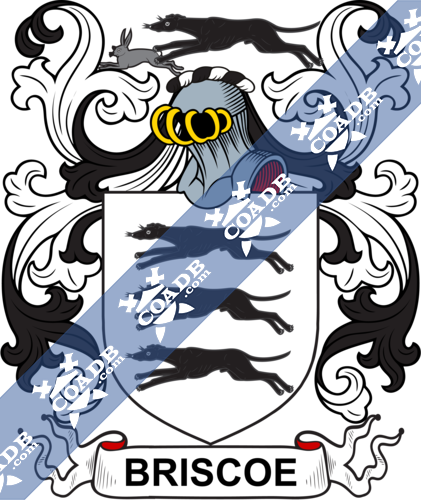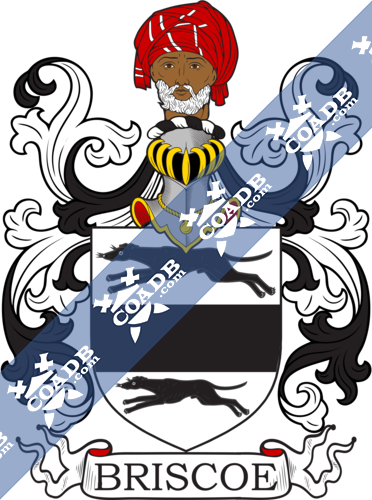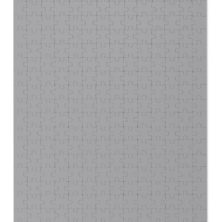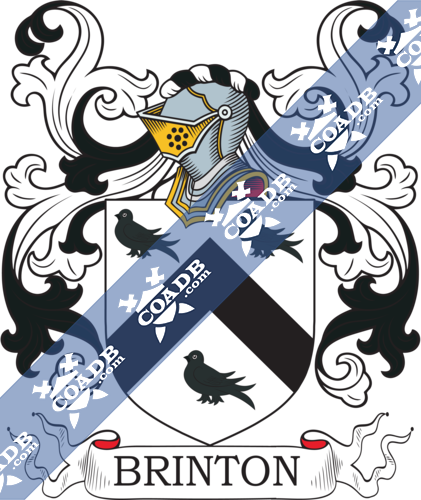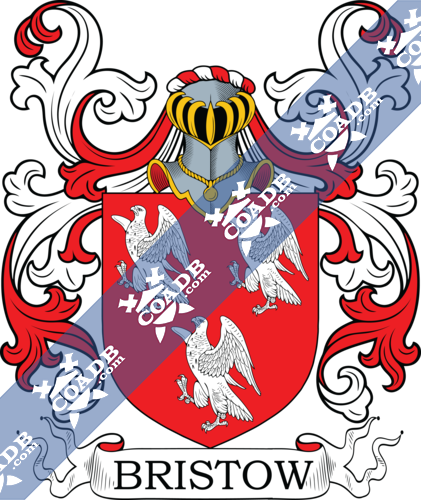Brisco Family Crest, Coat of Arms and Name History
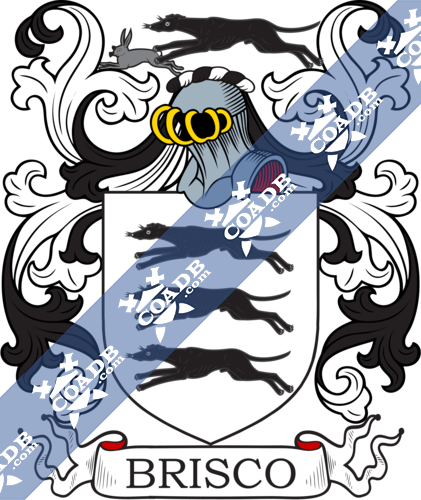
Brisco Coat of Arms Gallery
Don’t know which Coat of Arms is yours?
We can do a genealogical research. Find out the exact history of your family!
Learn MoreBRISCOE
The name Briscoe is English coming from the town of the same name located in Cumberland, in this context the name would be topographical. The town’s name is Scandinavian in origin. It is not uncommon to find names, which for centuries has been claimed by the citizens of one country, often found their origins in another. In the case of the name Briscoe, it is believed to have come over with the Norsemen during the time of the Viking invasions pre-dating the Norman invasion of 1066. The name is thought to have derived from the Old Norse compound word “birkiskogr”, which when broken down, “birki” translates to birch and “skogr translates to wood.
In the creating of surnames for the masses, one person may have been identified by their given name plus their occupation while another may have been identified by their given name and one of their parent’s names. There was an endless supply from which surnames could be formed, in addition to the use of patriarchal/matriarchal names or reference to the individuals occupation, there were things such as defining physical traits, a familiar geographical location or a topographical landmark found near the individuals home or birthplace, the name of the village in which the person lived, and so much more.
Surnames in Britain prior to the Norman conquest were largely unheard of. In the small settlements and villages which existed during earlier times, residents found little need for surnames as everyone in these communities new each other and a given name would usually suffice. However, with the passage of time, population growth and expansions of communities as villages gave way to towns and cities, it became necessary to add a qualifier to a people’s names to distinguish them, one from another. Therefore one person may have been identified by their given name plus their occupation while another may have been identified by their given name and one of their parent’s names. The introduction of surnames by the Norman aristocracy after the invasion seemed to be the next logical step in this evolution. There was a boundless supply from which surnames could be formed, in addition to the use of patriarchal/matriarchal names or reference to the individuals occupation, there were things such as defining physical traits, a familiar geographical location or a topographical landmark found near the individuals home or birthplace, the name of the village in which the person lived.
There often exists variations in spelling of many surnames, as with many given names which date back to the early centuries. The variation in spelling of both given and surnames during this time period can be attributed to a lack of continuity regarding guidelines for spelling which was compounded by the diversity of languages in use in European countries at this time. The variations in the spelling of the surname include but not limited to; Briscoe; Brisco; Briskoe; Briskcoe; and Briskcow among others.
The earliest record of any variation of this surname is that of Robert de Briscaw which appears in the Cumberland tax rolls from 1332. These rolls, were a series of census and tax records kept by the English Treasury by order of King Edward III, with the oldest dating back to the 12th century. They hold the distinction of being the oldest consecutive set of records detailing English governance in the United Kingdom. These records span a period of over 700 years.
One of the first recorded immigrants to America bearing the surname or any variation of the spelling was Dr. John Briscoe who arrived in 1632 and settled in Maryland. William Briscoe landed and settled in Boston, Massachusetts in 1641.
There were also many immigrants to the British Common Wealth countries such as Canada, Australia, and New Zealand bearing the surname Briscoe. Mary Briscoe was an early settler to Canada, landing in 1834 and settling in Nova Scotia. Albert Briscoe landed in 1874 and settled in Wellington, New Zealand.
Worldwide, the highest concentration of people with the surname Briscoe are found in Ireland, the United Kingdom, Australia, the United States, and New Zealand. By state, the largest percentile of those with the surname Briscoe live in Oklahoma.
There are many persons of note who bear the surname Briscoe. Sir John Briscoe, 1st Baronet was a member of British Parliament. He also was appointed as a Deputy Lieutenant, Justice of the Peace, and High Sheriff of Cambridge and Huntingdonshire in 1910. It is one of the last generation of Baronetcies established in the UK, as this practice has evolved into a person being honored as a “Life Peer.” Meaning their title or honor lasts only their lifetime and is not passed down to descendants. Baroness Margaret Thatcher is one such example. The Briscoe Baronetcy is still active. With the current holder being the 6th Baronet Sir Geoffrey James Briscoe, born in 1994.
Blazons & Genealogy Notes
1) (Crofton Hall, Cumberland, bart.). (Coghurst, co. Sussex). (Tackdean, Northleach, England; Riverdale, co. Westmeath, and Tinvane, co. Tipperary). Motto of Brisco, of Tinvane—Post virtutem curro. Ar. three greyhounds courant in pale sa. Crest—A greyhound courant sa. seizing a hare ppr.
2) (Ireland). Ar. a fesse sa. betw. two greyhounds conrant of the second. Crest—A Saracen’s head affontee issuing ppr.
3) (Crofton Hall, Cumberland, bart.). (Coghurst, co. Sussex). (Tackdean, Northleach, England; Riverdale, co. Westmeath, and Tinvane, co. Tipperary). Motto of Brisco, of Tinvane—Post virtutem curro. Ar. three greyhounds courant in pale sa. Crest—A greyhound courant sa. seizing a hare ppr.

